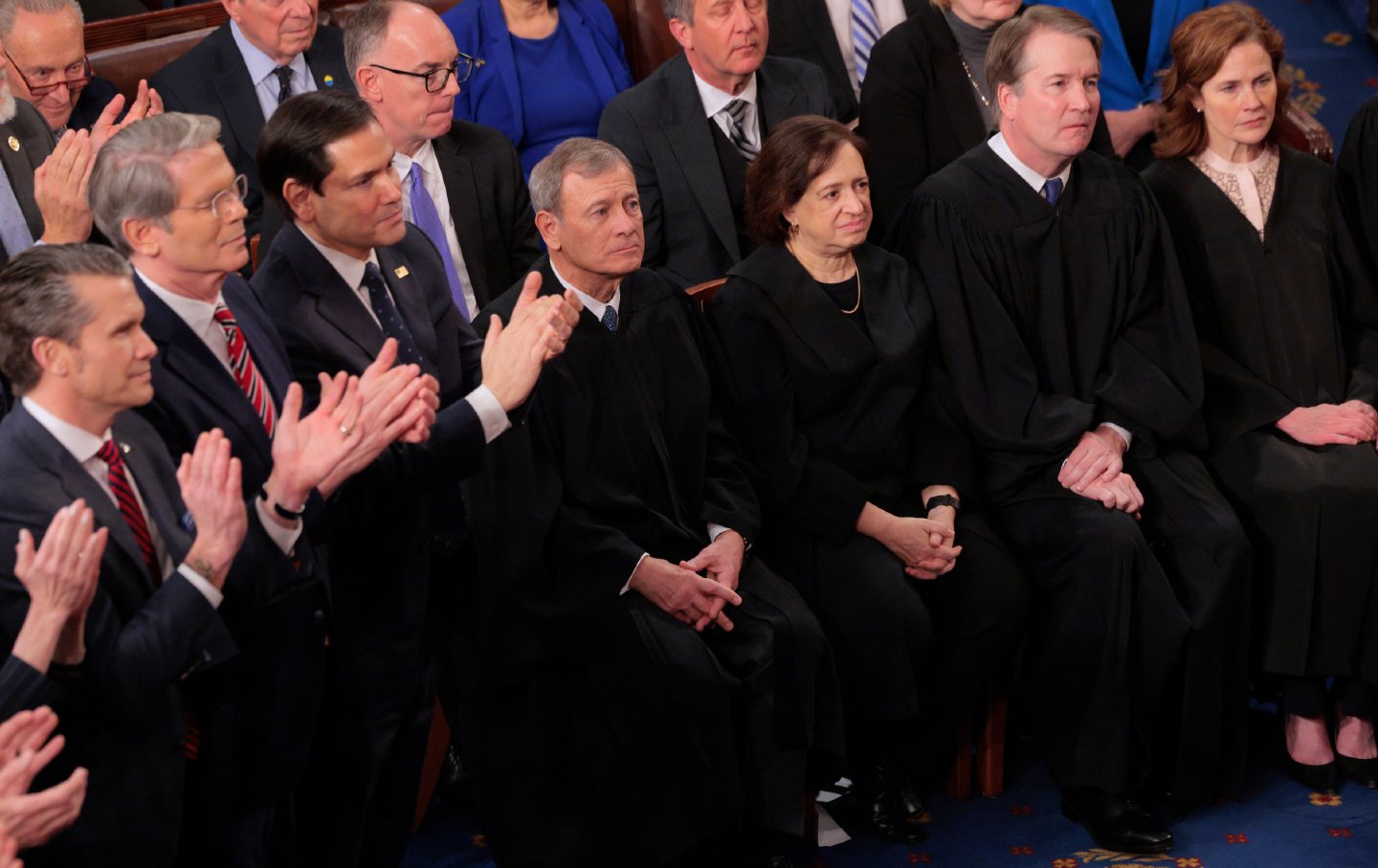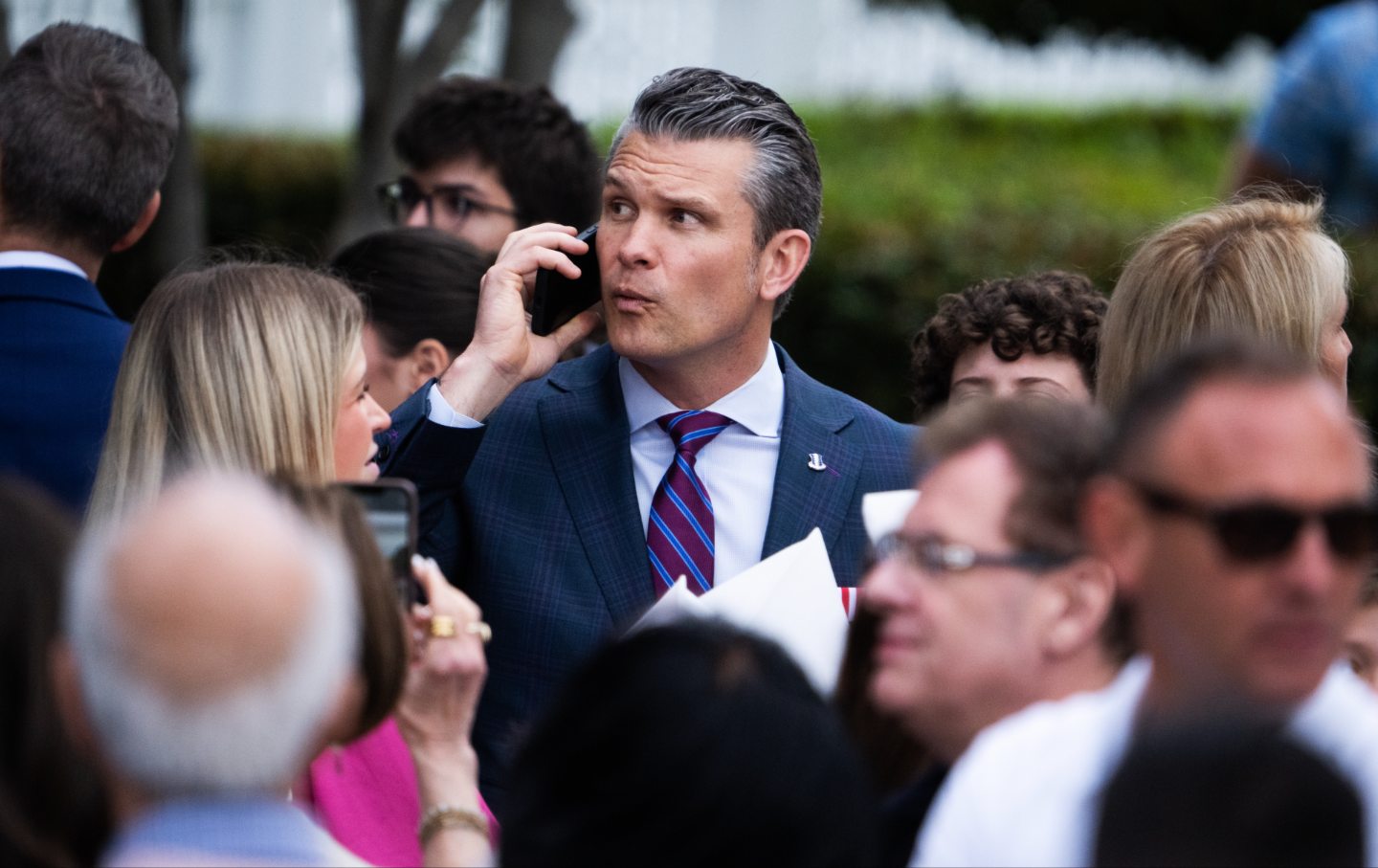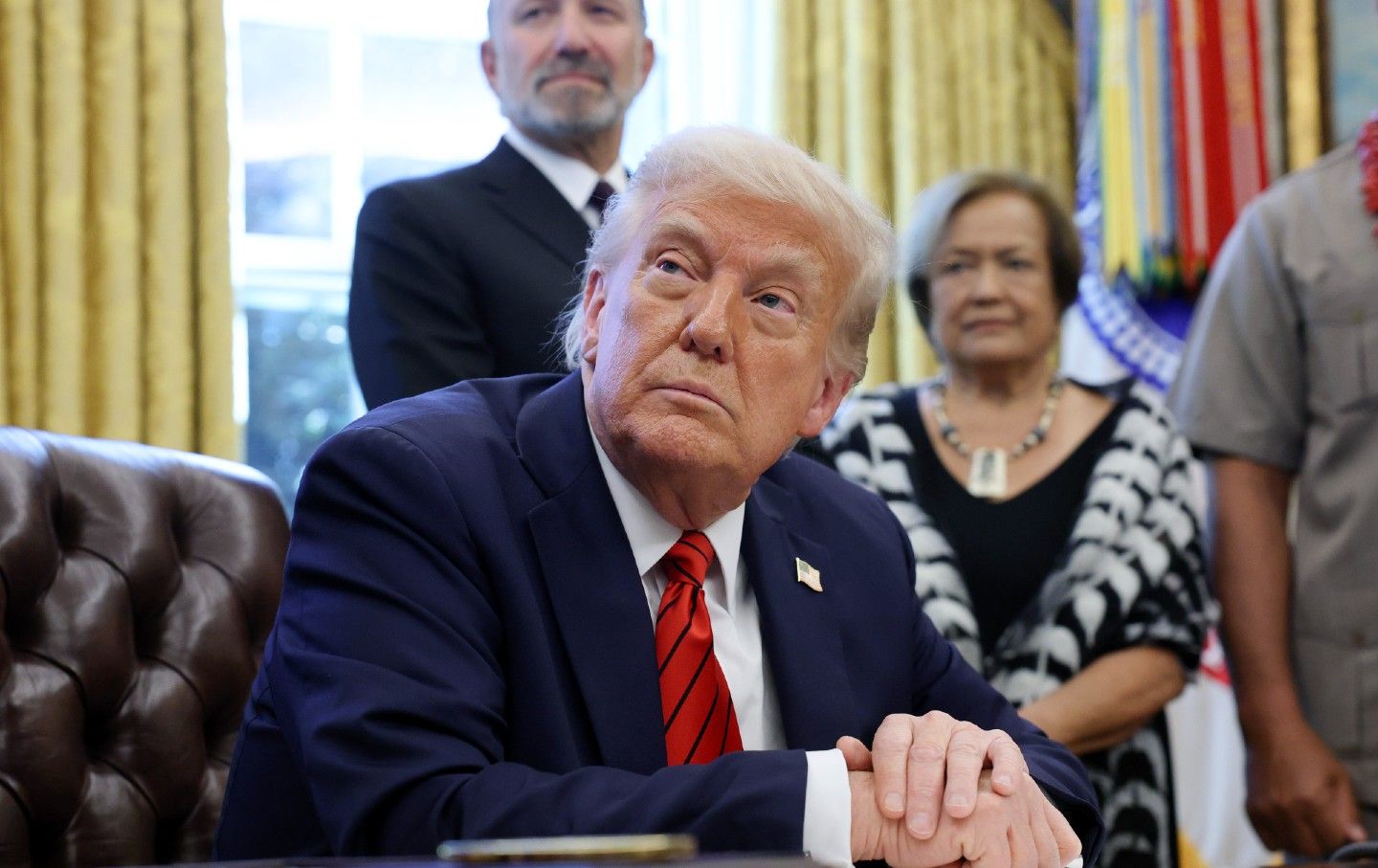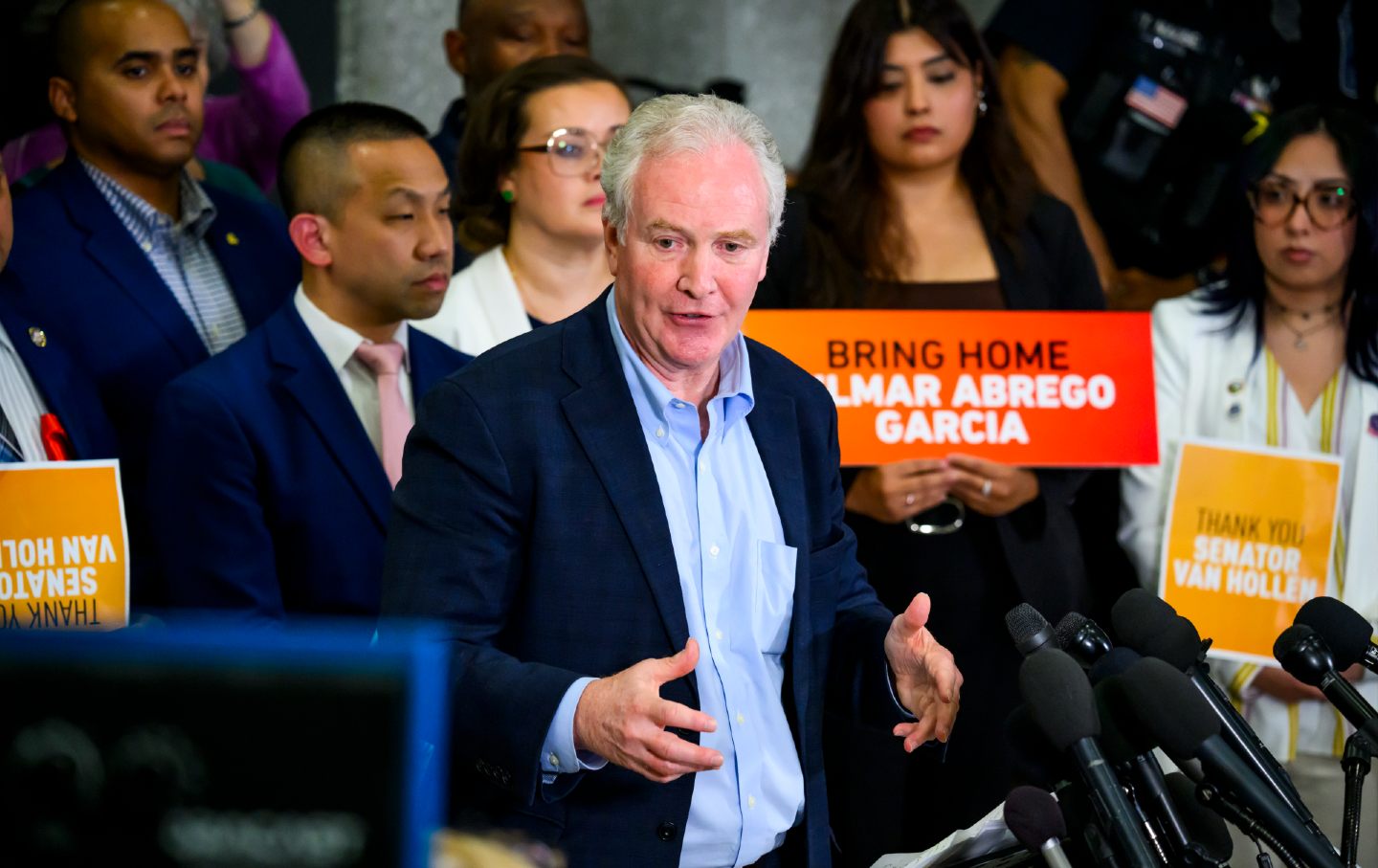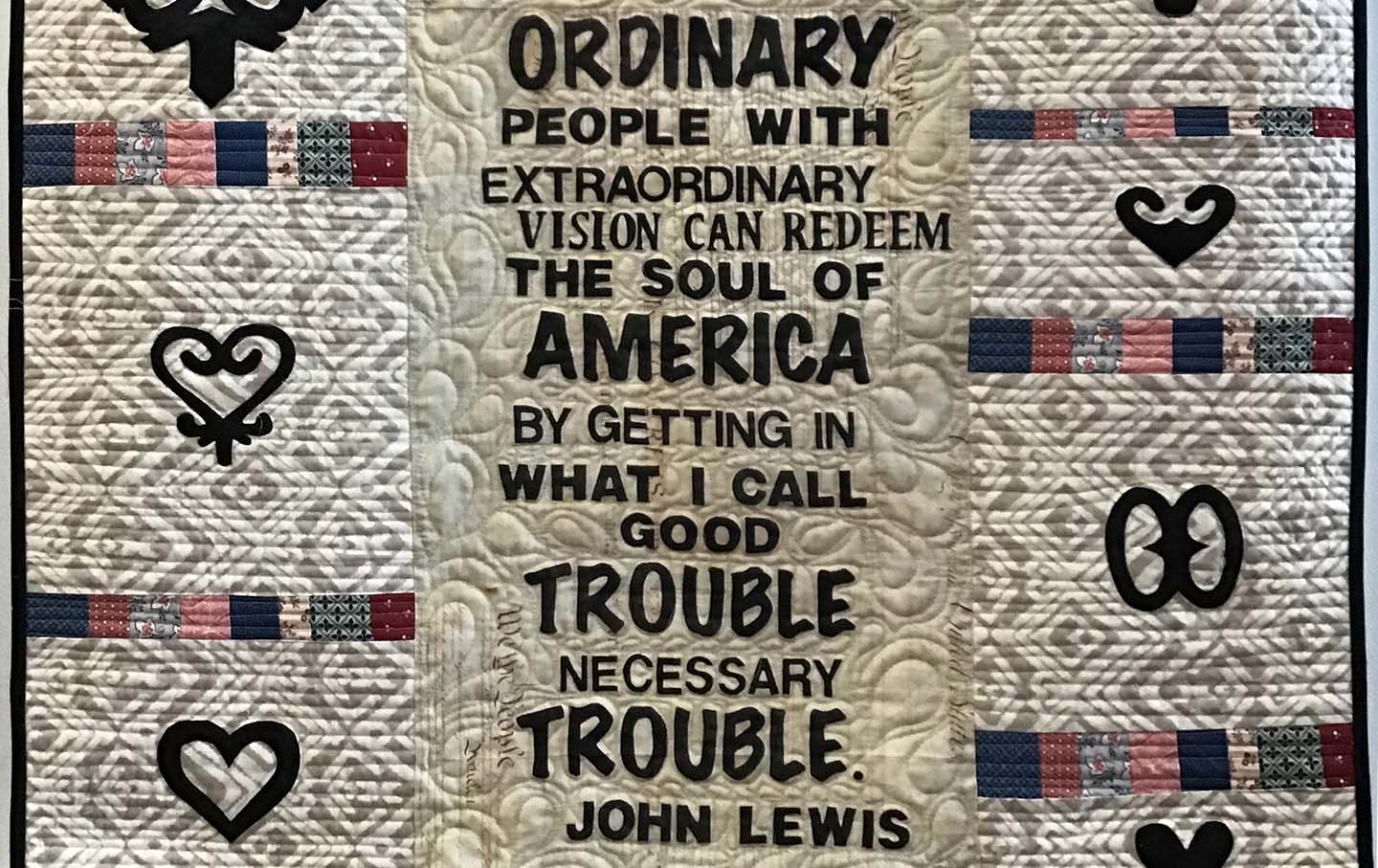The Election Is Getting Down to the Wire
It seems increasingly likely is that we’re headed for a tight race that, as in 2020, will be decided by voters in a handful of states.
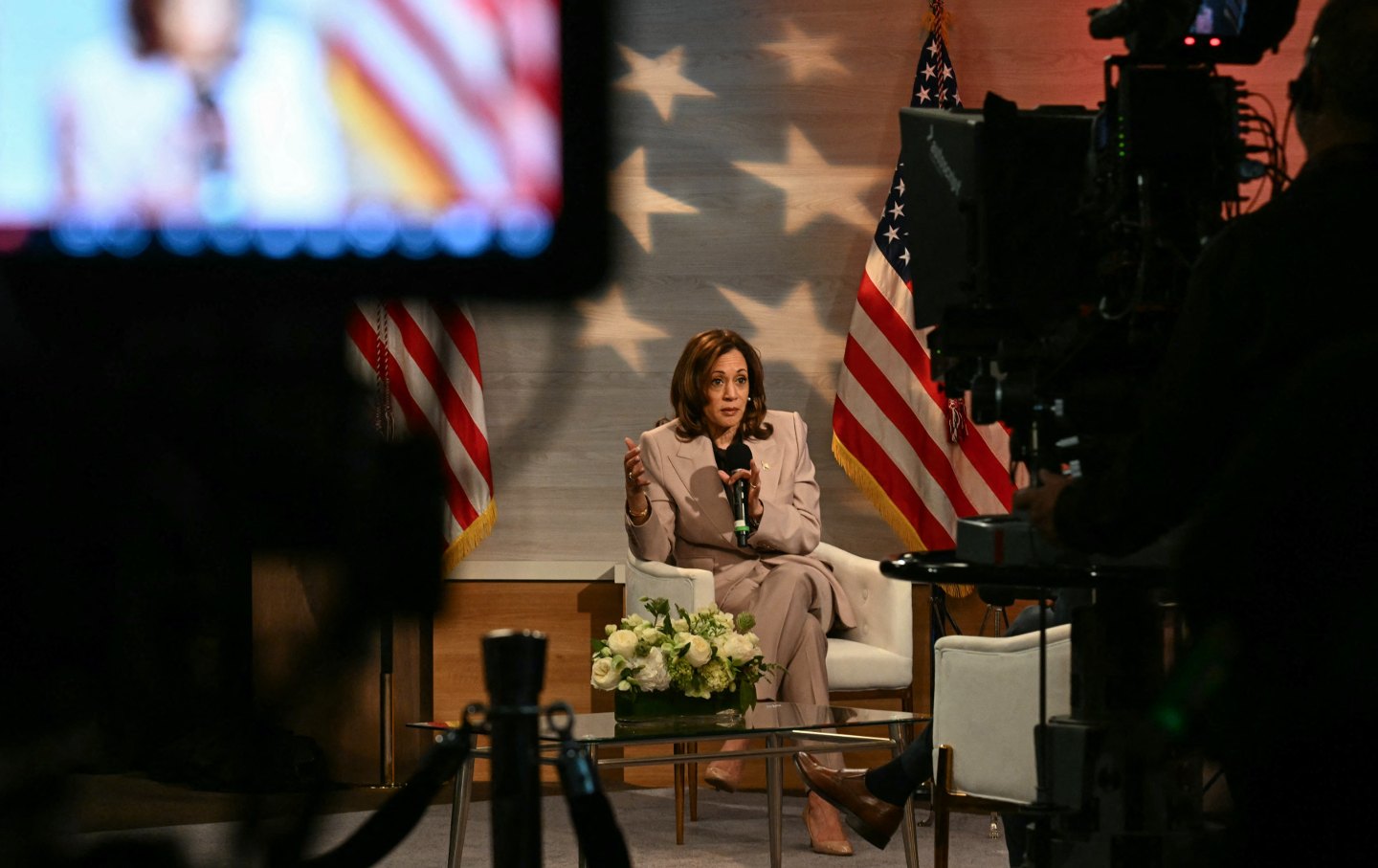
I hung up my prophet’s mantle in 1992, after writing a column for New York Newsday predicting—on the basis of some combination of rumor, Broadway gossip, and a couple of polls—that New York Governor Mario Cuomo would jump into the presidential race and become the next occupant of the White House. His plane to New Hampshire was supposedly waiting on the runway, the papers required to enter the Democratic primary all filled out, but Hamlet on the Hudson never got off the ground.
So when I say that things often don’t turn out as you—or at least I—expect them to, you can trust me. As I write, Vice President Kamala Harris leads former president Donald Trump nationally by a little over a point (in the RealClearPolling average) and by razor-thin margins in three of the seven swing states, with the two candidates statistically tied in Pennsylvania. But as The Guardian helpfully reminds us, Hillary Clinton had a wider lead over Trump at this point in 2016.
If that isn’t enough to keep you awake at night, October is the month for surprises. In 1980, Ronald Reagan’s campaign, fearing that a last-minute deal to free the American hostages in Iran might salvage Jimmy Carter’s chances, sent emissaries to make sure that any release would be delayed until after the election. In October 2016, FBI director James Comey decided to revive the bureau’s investigation into Hillary Clinton’s e-mails. And for history buffs, in October 1844, a story published in the Ithaca Chronicle claiming that President James Polk had branded the enslaved people he’d sold at auction was revealed to be a fabrication—in the end, the attempt to disparage Polk, published earlier that fall, backfired, not only because it turned out to be a hoax but because the episode reminded voters that the Whig candidate, Henry Clay, also owned slaves.
Related Articles
What might this October bring? Apart from being reasonably confident that Harris won’t make the mistake of failing to campaign in Wisconsin—or any of the other battleground states—I wouldn’t hazard a guess. But what seems increasingly likely is that we’re headed for a tight election that, as in 2020, will be decided by voters in a handful of states. Or even, given the Electoral College math, just one state: Pennsylvania. Which is why I spent Election Day 2020 in Reading and Allentown, and why I returned to the state (where, as it happens, I’d spent my elementary school years) for two weeks this August. You can read my findings here.
But as John Nichols reminds us in his report on critical Senate races in the Midwest, even if Harris and Tim Walz win their sprint to the White House in November, the chances of actually delivering on their campaign promises will be slim indeed unless Democrats hold on to that chamber. On the other hand, should the Democrats hold the Senate and retake the House—an effort that may come down to a handful of extremely expensive races in the very unpurple states of California and New York—progressives will have a lot more to fight for, and to argue about, in 2025.
Just to add to your jitters, Elie Mystal previews the coming Supreme Court term, and Gaby Del Valle traces the hidden—you might even say surprising—history that saw this nation of immigrants turn immigration into a political lightning rod. For inspiration amid the anxiety, read Renee Bracey Sherman and Regina Mahone’s profile of Sakinah Ahad Shannon, a pioneering member of Jane, Chicago’s pre-Roe underground abortion service—a Black woman who continued to help her community even after abortion became legal. And Elizabeth Pochoda spotlights the artist Mary Sully’s astonishing take on American history and celebrity.
This month’s Books & the Arts features Jess Bergman’s review of the latest Sally Rooney novel, Jorge Cotte on the return of the British spy series Slow Horses, Michael Kazin on the long shadow of the Scopes trial, Kevin Lozano on Emily Witt’s new memoir about New York’s underground nightlife scene, and Astra Taylor on the forgotten and future history of debt resistance.
Plus we have a forum marking the anniversary of the October 7 attacks, a debate on the left’s embrace of antitrust, and our usual complement of compelling columnists. And a real treat: a selection of photos by the extraordinary photographer Susan Meiselas, who covered the Democratic convention for The Nation.
To paraphrase Tim Walz, we can sleep after November 5.
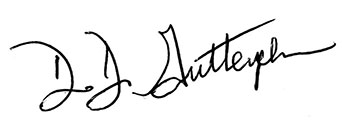
D.D. Guttenplan
Editor
Hold the powerful to account by supporting The Nation
The chaos and cruelty of the Trump administration reaches new lows each week.
Trump’s catastrophic “Liberation Day” has wreaked havoc on the world economy and set up yet another constitutional crisis at home. Plainclothes officers continue to abduct university students off the streets. So-called “enemy aliens” are flown abroad to a mega prison against the orders of the courts. And Signalgate promises to be the first of many incompetence scandals that expose the brutal violence at the core of the American empire.
At a time when elite universities, powerful law firms, and influential media outlets are capitulating to Trump’s intimidation, The Nation is more determined than ever before to hold the powerful to account.
In just the last month, we’ve published reporting on how Trump outsources his mass deportation agenda to other countries, exposed the administration’s appeal to obscure laws to carry out its repressive agenda, and amplified the voices of brave student activists targeted by universities.
We also continue to tell the stories of those who fight back against Trump and Musk, whether on the streets in growing protest movements, in town halls across the country, or in critical state elections—like Wisconsin’s recent state Supreme Court race—that provide a model for resisting Trumpism and prove that Musk can’t buy our democracy.
This is the journalism that matters in 2025. But we can’t do this without you. As a reader-supported publication, we rely on the support of generous donors. Please, help make our essential independent journalism possible with a donation today.
In solidarity,
The Editors
The Nation


